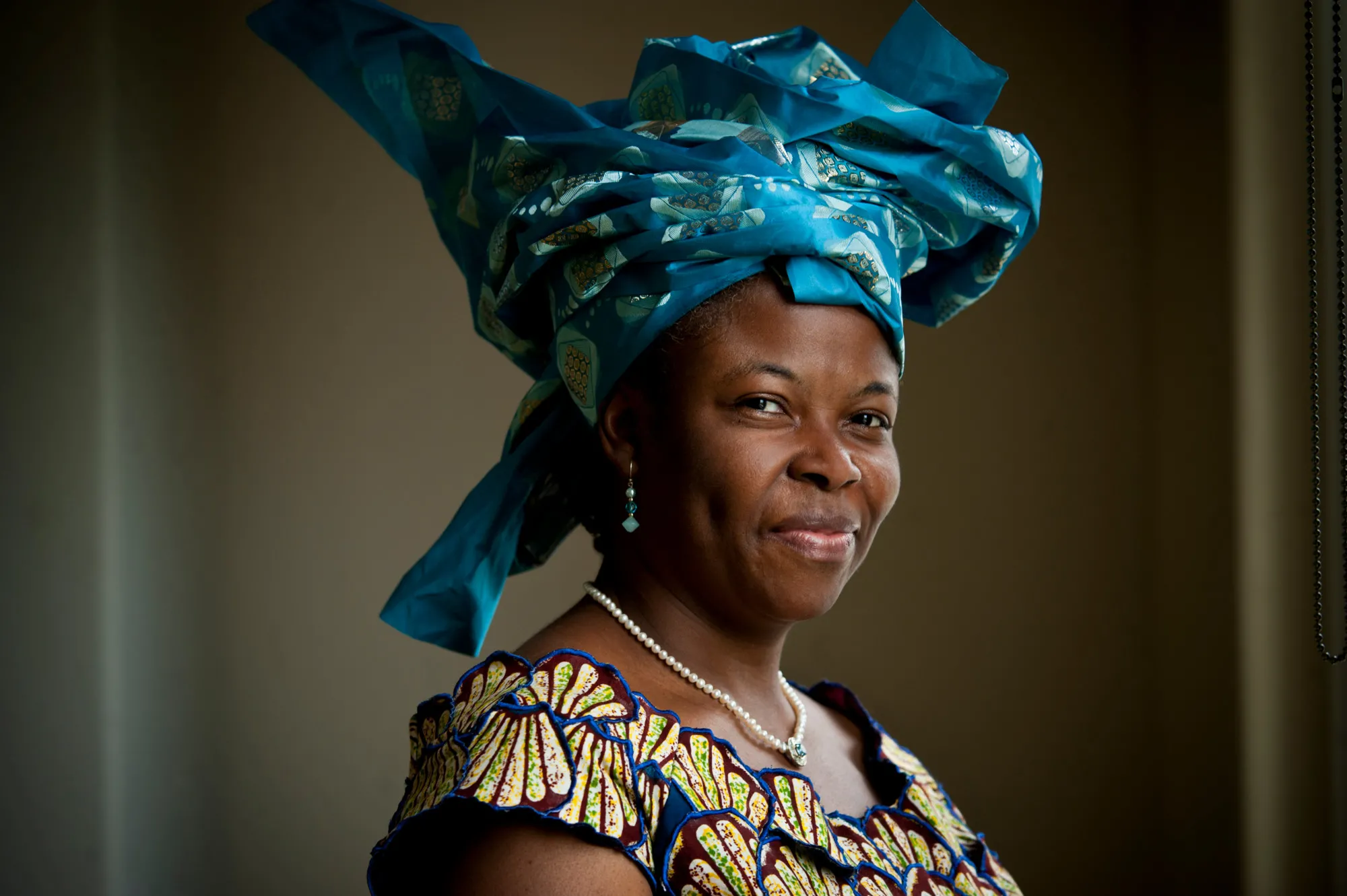
Intellectual pioneers create their own monuments through their scholarship. Other people who are inspired by their work pay tribute in the same medium. During my recent sabbatical, I co-edited two Festschrifts in honor of two great pioneers in my field of Yoruba and African linguistics. These collections of writings mark an important contribution to the expanding work on language documentation, comparative linguistics, and the linguistic and cultural interface of Africa and the African diaspora in Brazil, Cuba, and Trinidad.
My first edited volume, Data-Rich Linguistics: Papers in Honor of Yiwola Awoyale, honors Professor Yiwola Awoyale’s contributions to African language and linguistic studies, and particularly his seminal work on Yoruba lexicography that illustrates his study of the globalization of the language across space and time. Based at University of Pennsylvania, Professor Awoyale is celebrated as a great field linguist that pays special attention to data and data documentation. This volume presents current research on syntax, semantics, phonology, and applied- and socio-linguistics that expand some of Awoyale’s ideas in new domains, such as the lexicon in Kwa and Niger-Congo languages. These papers present a state-of-the-art account of contemporary issues in African languages and linguistics today. In addition to the papers contributed by students and colleagues of Awoyale, the volume also showcases three rare, original publications by the honoree.
The second volume is titled African and African Diaspora Languages, Literatures, and Cultures: A Celebration of Ọlasope Oyelaran. Oyèláràn founded the Department of African Languages and Literatures at the University of Ife, is a strong advocate of indigenous African languages in education, and is the founder and coordinator of the International Colloquium at the National Black Theatre Festival in Winston-Salem, North Carolina. This colloquium, which he founded in 1993, continues to provide a major forum for lively discussion and debate on real-life issues portrayed in theatre. The papers in this volume reflect the diversity of Oyèláràn’s work and include topics in applied- and socio-linguistics, theoretical linguistics, oral and written literature, and Yoruba language and culture in Brazil, Cuba, and Trinidad. The collection aims to enlarge our understanding of the issues in the field of African and African Diaspora languages, literatures, and cultures. This volume is co-edited by Akintunde Oyetade of SOAS University, London, and Laide Sheba of Obafemi Awolowo University, Ife.
I hope these new volumes carry on the legacy of these two great pioneers in the field and continue to inform how we speak about, research, and analyze the languages of Africa and its diaspora.

